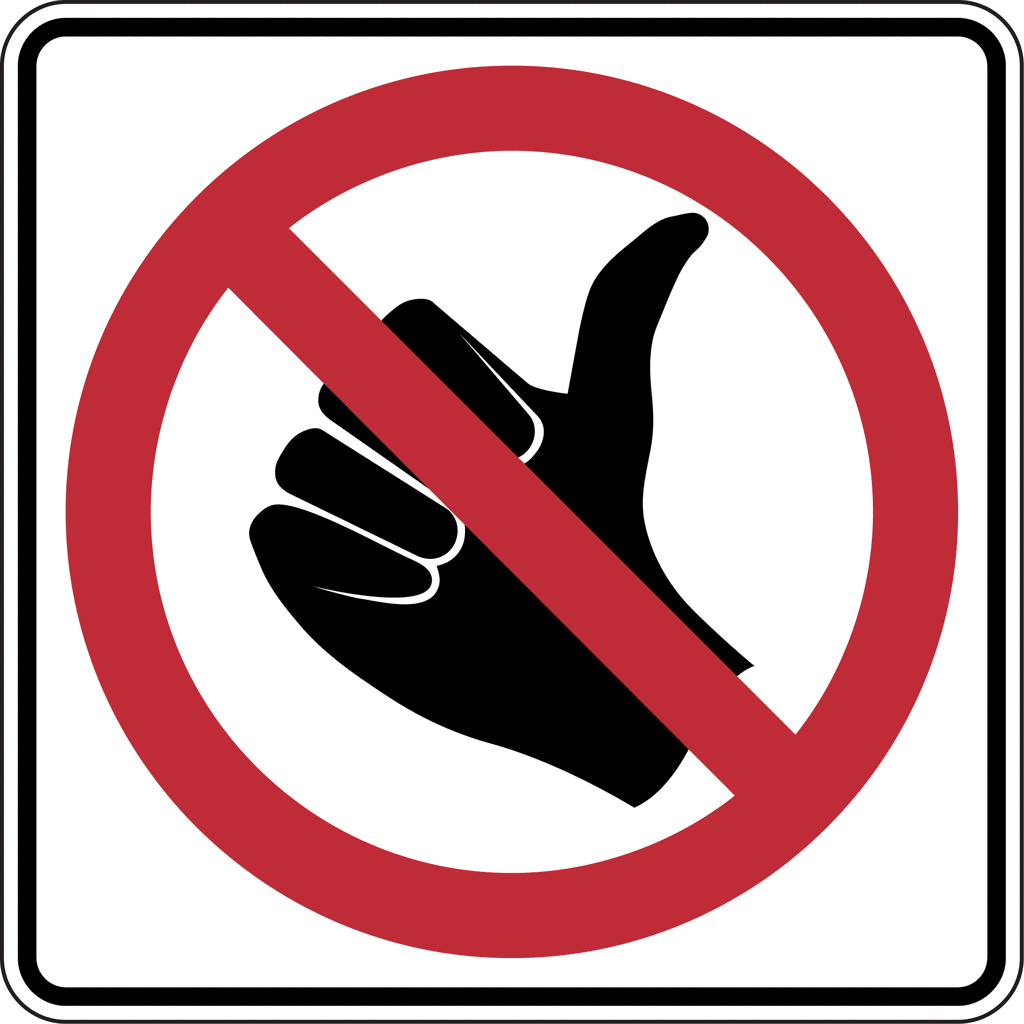
Inside the United Arab Emirates business world
INTERCULTURAL BUSINESS HANDBOOK
Long Term Orientation
Dynamics of non-verbal communication
Arabs, in general, make liberal use of gestures, especially if they are enthusiastic about what they are saying. Men use gestures more than women. To greet with respect or sincerity, after shaking hands, place the right hand to the heart or chest. Failure to shake hands when meeting someone or saying goodbye is considered rude. When a Western man is introduced to an Arab woman, it is the woman's choice whether to shake hands or not; she should be allowed to make the first move. Do not shake hands firmly or pump your whole hand up-and-down. Also, realize that people shake hands and hold hands longer in greeting than in the West; allow your counterpart to withdraw first.
Arabs will interpret your behavior negatively if you behave with too much familiarity toward a person of the opposite sex. Behaviors such as overly enthusiastic greetings, animated and joking conversations, and casual invitations to lunch can be easily misinterpreted. The public display of intimacy between men and women is strictly forbidden by the Arab social code, including holding hands or linking arms or any gesture of affection such as kissing or prolonged touching. When people speak they need to have a space between, they can't be really close because it is disrespectful.
Arabs of the same gender will typically stand very close to you when in a conversation. If you try to keep a greater distance, they may think you find their physical presence distasteful or that you are a particularly cold individual. When standing in conversation with someone, leaning against the wall or keeping hands in pockets is taken as a lack of respect
-
Friendship:
-
Friends’ kissing each other on the cheek is a sign of friendship, and it is common amongst male friends.
-
Holding hands for a long period after shaking hands is a sign of friendship
-
A Hug is an indication that you are considered a trustworthy friend. A refusal to touch may suggest that you are believed to be untrustworthy or unclean.
-
-
If an Arab bites their right finger, it is a sign of contempt and that you are not liked.
-
If a semi clenched hand is placed in front of the stomach, it means that you are thought to be a liar.
-
Putting all fingers and thumbs together (like a cup) means; ‘Wait just one minute’ or ‘slow down’.
-
A clawing action with the right hand is usually indicative of a beckoning to move closer or to come into a room. Never beckon anyone with one finger pointing up
-
The sole of the foot is dirty – never point the sole of your foot in the direction of an Arab.
-
Many women may think a man is agreeing when he nods his head as she speaks, but actually all he is say is “I hear you.”
-
When Emirati start to move away, it is a signal that they want the communication to stop.
-
Swearing is also illegal. “All kinds of aggressive or offensive gestures are considered a public offense”.
-
Placing hands on the heart shows genuine respect and humility. Sometimes, this is used in combination with a small bow, meaning thank you.
-
Scratching or holding of a chin or beard is an indication that someone is thinking. It might be wise to wait until the person has finished thinking before continuing talking.
-
In much of the world today, the thumbs up means, "O.K.", "Right On!", or "I like this movie.” But in UEA it is an obscene insult, especially when combined with a sweep of the arms.
Gestures:
Gestures:
Touching:
Space:
Examples:




